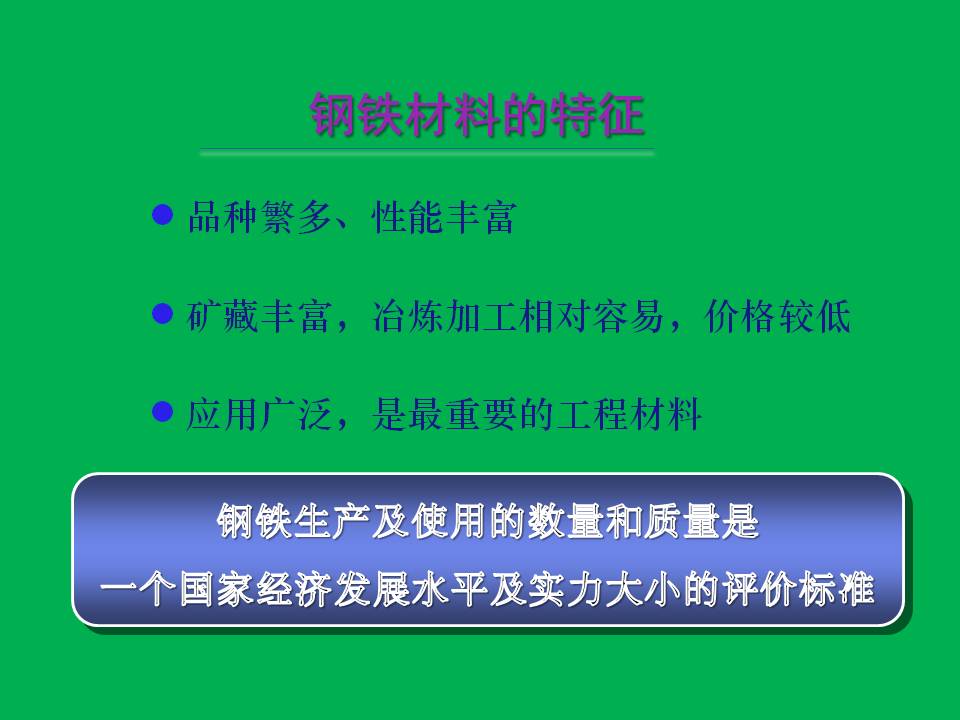王青松*,陳昊東,張毅,孫金華
(中國(guó)科學(xué)技術(shù)大學(xué)火災(zāi)科學(xué)國(guó)家重點(diǎn)實(shí)驗(yàn)室,合肥 230026)
摘要:玻璃在火場(chǎng)高溫作用下會(huì)產(chǎn)生裂紋,裂紋匯合形成“孤島”,在外界擾動(dòng)增加和自身約束減少致使“孤島”脫落,從而破壞玻璃構(gòu)件的整體性,使其喪失使用功能。玻璃脫落形成新的通風(fēng)口,新鮮氣流的流入會(huì)加速火災(zāi)的發(fā)展,脫落的玻璃碎片也為救援帶來困難。因此,研究熱荷載作用下玻璃破裂行為具有重要的意義。本文研究了尺寸為600mm×600mm×6mm的Low-E玻璃在升溫速率分別為5℃/min、10℃/min、15℃/min、20℃/min 和 25℃/min條件下的熱破裂行為。熱輻射源距玻璃500mm.實(shí)驗(yàn)結(jié)果表明玻璃首次破裂位置主要分布在玻璃上部中心點(diǎn)附近;首次破裂時(shí)間隨著熱輻射源升溫速率的增加而減小,首次破裂時(shí)刻向火面與背火面中心點(diǎn)溫度和溫差、向火面中心點(diǎn)同破裂位置背火面遮蔽點(diǎn)之間的平均溫差均隨著熱輻射源升溫速率的增加而不斷增大,并在升溫速率為 15℃/min時(shí)達(dá)到最大,然后降低。
關(guān)鍵詞:Low-E玻璃,熱荷載,實(shí)驗(yàn),破裂行為
Experimental study of Breakage Behavior of Low-E Glass Under Thermal Loading
Wang Qingsong*,Chen Haodong*,Sun Jinhua*
*( State Key Laboratory of Fire Science,University of Science and Technology of China,Hefei 230026,China )
Abstract:In a fire scenario, glass will crack and cracks join to form island, which will damage the integrity of the glass component and lead to loss of function. Separated glass pieces fall off from the glass pane due to the increasing external disturbances and decreasing constraints from the frame, which will not only accelerate the fire growth, but also bring more difficulty for the rescue. Therefore, it has an important significance to study breakage behavior of glass under thermal loading. Low-E glasses are widely used in the glass curtain wall and were chosen as experimental materials in this paper. The size of glass is 600 mm × 600 mm × 6 mm. The heating rates of radiation source are 5 °C min?1, 10 °C min?1, 15 °C min?1, 20 °C min?1, and 25 °C min?1, respectively. The distance between radiation source and the glass is 500 mm. The experimental results show that time to first crack decreases as the heating rate increases. The center temperature of the exposed side and ambient side of glass, the center temperature difference between the exposed side and ambient side, and the average temperature difference between the center of exposed side and fracture position of ambient shaded side increase firstly and then decrease as the heating rate increases and reach the maximum under the heating rate of 15 °C min?1 when first fracture occurs. The first breakage positions of glass are mainly distributed in the nearby upper center.
Key words: Low-E glass, Thermal loading, Experiments, Breakage behavior
聯(lián)系方式
責(zé)任編輯:趙澤南
《中國(guó)腐蝕與防護(hù)網(wǎng)電子月刊》征訂啟事
投稿聯(lián)系:劉娟 電話:010-82387968-807
QQ: 2850329508 郵箱:liujuan@ecorr.org
中國(guó)腐蝕與防護(hù)網(wǎng)官方 QQ群:140808414
-
標(biāo)簽: Low-E玻璃, 熱荷載, 實(shí)驗(yàn), 破裂行為

官方微信
《中國(guó)腐蝕與防護(hù)網(wǎng)電子期刊》征訂啟事
- 投稿聯(lián)系:編輯部
- 電話:010-62313558-806
- 郵箱:fsfhzy666@163.com
- 中國(guó)腐蝕與防護(hù)網(wǎng)官方QQ群:140808414




